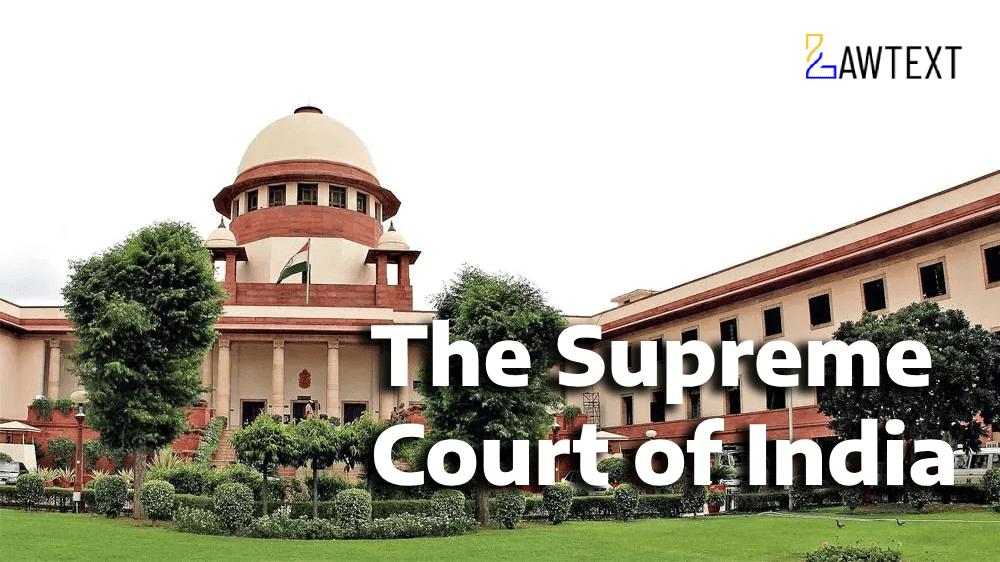

Compounding of Offences – The Supreme Court examined whether an offence under Section 276CC, committed for multiple assessment years before the issuance of the first show-cause notice, qualifies as a "first offence" under the 2014 Guidelines for Compounding of Offences under Direct Tax Laws.
Interpretation of "First Offence" – The appellant contended that multiple defaults should be treated as a single offence if they occurred before prosecution notice issuance. The tax authorities argued that compounding was discretionary and should not apply repeatedly. (Paras 7-10)
Judicial Review of Compounding Decisions – The Supreme Court held that compounding is not an absolute right, but discretionary decisions must align with fairness and reasonableness. Past precedents emphasized that arbitrary refusals could be challenged. (Paras 76-78)
Legislative Intent Behind Section 276CC – The provision aims to penalize willful tax defaulters. However, the appellant argued that his delay was unintentional and lacked criminal intent, warranting a favorable interpretation. (Paras 19-21)
Flexibility in Guidelines' Application – The court reiterated that while the 2014 Guidelines limit compounding for repeated defaults, authorities should consider mitigating factors such as voluntary compliance, taxpayer history, and procedural fairness. (Paras 48-53)
Final Decision – The Supreme Court set aside the Gujarat High Court’s order, directed the tax department to reconsider the compounding application within four weeks, and stayed the criminal trial pending the decision. (Paras 81-87)
Compounding of Offences – First Offence – Section 276CC – Tax Evasion – Show-Cause Notice – Voluntary Disclosure – Discretionary Powers – Taxpayer Compliance – Fairness in Tax Administration – Supreme Court Review
a. Nature of the Litigation – The appellant, an individual taxpayer, challenged the rejection of his compounding application under Section 276CC.
b. Who is Asking the Court and for What Remedy? – The appellant sought relief from prosecution, arguing that his offence should be compounded as per the guidelines.
c. Reason for Filing the Case – The tax department denied compounding, citing ineligibility due to repeated defaults. The High Court upheld the rejection.
d. What Has Been Already Decided Until Now? – The Gujarat High Court dismissed the appellant’s writ petition, holding that tax authorities correctly exercised discretion in refusing compounding.
Citation: 2025 LawText (SC) (2) 70
Case Number: CIVIL APPEAL NO. 1977 OF 2025 (ARISING OUT OF SPECIAL LEAVE PETITION (C) NO. 20519 OF 2024)
Date of Decision: 2025-02-07
Case Title: VINUBHAI MOHANLAL DOBARIA VERSUS CHIEF COMMISSIONER OF INCOME TAX
Before Judge: (J.B. Pardiwala J. , Sanjay Karol J.)
Appellant: VINUBHAI MOHANLAL DOBARIA
Respondent: CHIEF COMMISSIONER OF INCOME TAX